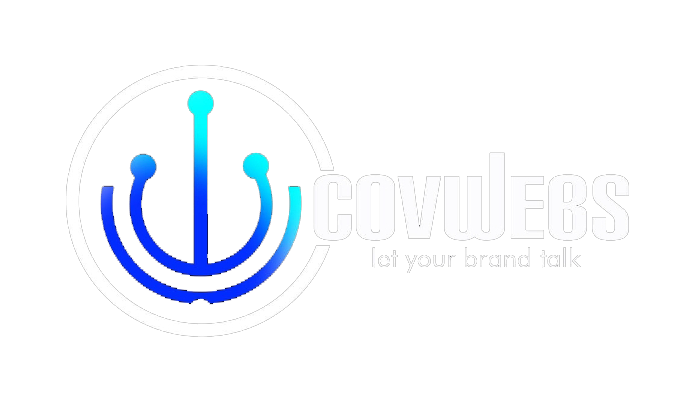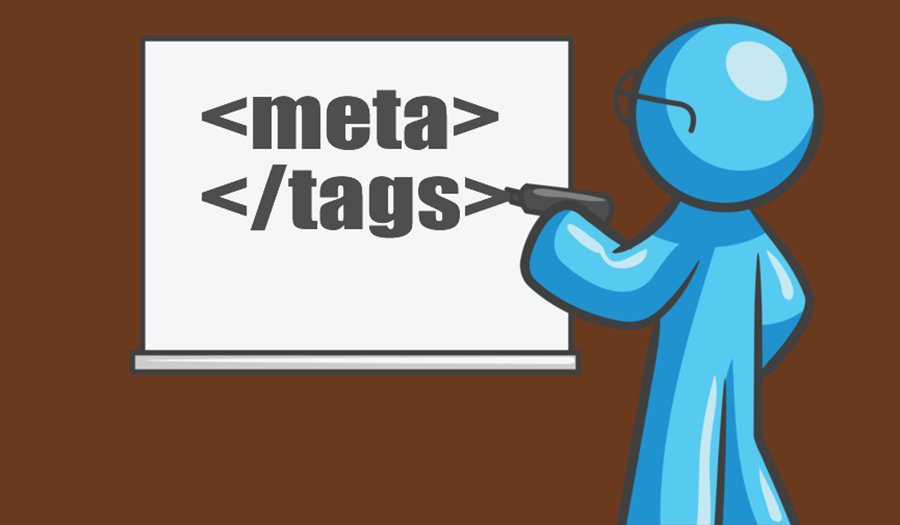In the ever-evolving realm of digital marketing, search engine optimization (SEO) stands as a cornerstone for driving organic traffic to your website. While numerous strategies exist to bolster your online presence, one often overlooked yet highly effective method is harnessing the power of meta tags. Meta tags play a crucial role in communicating with search engines and influencing how your website appears in search results. In this comprehensive guide, we delve into the intricacies of meta tags and provide actionable insights on how to leverage them to enhance your website’s SEO.
Understanding Meta Tags: Unveiling the Basics
Before delving into their optimization potential, let’s first unravel the fundamentals of meta tags. In essence, meta tags are snippets of HTML code that provide metadata about a webpage. While they don’t appear on the webpage itself, they play a pivotal role in conveying essential information to search engines and visitors alike.
Common Types of Meta Tags:
- Title Tag: Arguably the most critical meta tag, the title tag specifies the title of a webpage and appears as the clickable headline in search engine results. Crafting compelling and keyword-rich title tags is essential for enticing users to click through to your site.
- Meta Description Tag: The meta description tag provides a brief summary of the webpage’s content. Although it doesn’t directly impact search rankings, a well-crafted meta description can significantly influence click-through rates by providing users with a preview of what to expect.
- Meta Keywords Tag: While its significance has diminished over the years, the meta keywords tag once played a vital role in SEO by indicating the primary keywords associated with a webpage. However, due to abuse and manipulation, search engines like Google no longer consider it a ranking factor.
- Meta Robots Tag: This tag instructs search engine crawlers on how to index and display a webpage. By utilizing directives such as “noindex” or “nofollow,” webmasters can control which pages are indexed and how they are treated by search engines.
- Canonical Tag: The canonical tag specifies the preferred version of a webpage, particularly useful for addressing duplicate content issues and consolidating link equity.
Optimizing Meta Tags for SEO Success
Now that we’ve elucidated the significance of meta tags, let’s delve into actionable strategies for optimizing them to improve your website’s SEO performance.
1. Craft Compelling Title Tags:
The title tag serves as the gateway to your website, influencing both search engine rankings and user engagement. To optimize your title tags:
- Incorporate relevant keywords: Conduct keyword research to identify high-value keywords relevant to your content and integrate them strategically into your title tags.
- Keep it concise: Aim for titles that are succinct yet descriptive, typically under 60 characters to ensure they display fully in search results.
- Maintain uniqueness: Each page on your website should feature a unique title tag that accurately reflects its content and purpose.
2. Create Persuasive Meta Descriptions:
While meta descriptions don’t directly impact rankings, they play a crucial role in enticing users to click through to your website. To optimize your meta descriptions:
- Provide value proposition: Clearly articulate the unique value proposition of your webpage and entice users with a compelling call-to-action.
- Incorporate keywords naturally: While keyword stuffing should be avoided, strategically integrate relevant keywords to enhance visibility and relevance.
- Maintain relevance: Ensure that your meta description accurately reflects the content of the corresponding webpage to avoid misleading users.
3. Implement Structured Data with Schema Markup:
Schema markup, a form of structured data, provides search engines with additional context about your content, enabling them to display rich snippets in search results. By implementing schema markup:
- Enhance visibility: Structured data markup can enable your website to appear in rich snippets, such as featured snippets, knowledge panels, and rich cards, thereby increasing visibility and click-through rates.
- Improve relevance: Schema markup helps search engines better understand the content and context of your webpage, leading to more relevant search results for users.
- Leverage schema.org: Utilize the schema.org vocabulary to identify relevant schemas and markup types for your content, ensuring compatibility with major search engines like Google, Bing, and Yahoo.
4. Optimize Meta Robots Tags:
The meta robots tag provides instructions to search engine crawlers on how to index and follow links on your webpage. To optimize meta robots tags:
- Utilize directives strategically: Employ directives such as “index,” “nofollow,” “noindex,” and “nofollow” to control how search engines crawl and index your content.
- Prevent indexing of low-value pages: Exclude pages such as duplicate content, thin content, or non-essential pages from indexing to prioritize the crawling and indexing of valuable content.
- Leverage robots.txt: Complement meta robots tags with directives in your robots.txt file to provide comprehensive instructions to search engine crawlers.
5. Regularly Monitor and Update Meta Tags:
SEO is an ongoing process, and regularly monitoring and updating your meta tags is essential to maintain optimal performance. To ensure effectiveness:
- Conduct regular audits: Periodically audit your website’s meta tags to identify any issues or areas for improvement, such as missing or duplicate meta tags.
- Stay abreast of industry trends: Keep informed about changes in search engine algorithms, best practices, and emerging trends in meta tag optimization to adapt your strategies accordingly.
- Analyze performance metrics: Monitor key performance indicators such as click-through rates, rankings, and organic traffic to evaluate the effectiveness of your meta tag optimization efforts and make data-driven adjustments.
Conclusion
In conclusion, meta tags represent a powerful yet often underutilized tool for enhancing your website’s SEO performance. By optimizing title tags, crafting persuasive meta descriptions, implementing structured data with schema markup, optimizing meta robots tags, and regularly monitoring and updating your meta tags, you can significantly improve your website’s visibility, relevance, and click-through rates in search engine results. Embrace the potential of meta tags as a cornerstone of your SEO strategy and unlock new opportunities for online success.


